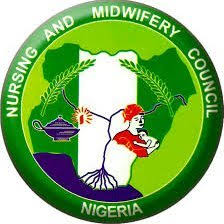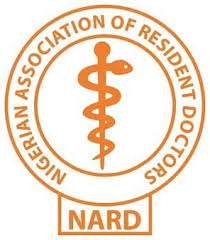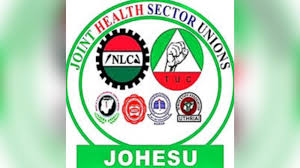Codeine an opioid drug similar to morphine, hitherto formulated as over-thecounter medicines was reclassified as prescription-only-medicine in 2013.
However, the safety concerns around the use, misuse and abuse of codeine containing preparations (especially cough syrups), tramadol and other related substances of abuse are well documented and are assuming frightening dimensions. UNFORTUNATELY, THERE IS NO ENDEMIC COUGH IN NIGERIA.
In view of this very serious public health concerns, a working group which comprised of experts from various Ministries, Agencies of Government (including regulatory agencies), Development Partners and Associations was constituted in January and tagged Codeine Control and other Related Matters Working Group (CCRWG). This CCRWG was formally inaugurated on January 23, 2018 with clear Terms of Reference of developing key recommendations and strategies to address the menace of codeine, tramadol and other related substances in Nigeria. The CCRWG submitted its report on April 12, 2018 and recommended short-, medium and long-term measures for implementation.
Consequently, the CCRWG request that the following immediate measures be taken in the interest of public health to halt this menace of codeine, tramadol and other related substances of abuse:
1. The National Agency for Food and Drug Administration and Control (NAFDAC) should suspend with immediate effect further issuance of permits for the importation of codeine as excipient for cough preparations and tramadol.
2. The recall of all codeine containing cough preparations in circulation; the concerned regulatory agencies (NAFDAC & PCN) should put in place mechanisms to enforce this,
3. Manufacturers should give an account of the disposal of codeine containing preparations and tramadol, and track their movement in the market.
4. Deadline should be given to all manufacturers of codeine containing cough syrups to substitute codeine with dextromethorphan, which is less addictive.
5. PCN and NAFDAC should be directed to do an audit of all codeine contacting cough syrups in the country.
6. Reactivation of the development process of Prescription Policy and its full implementation in Nigeria.
7. The Pharmacists Council of Nigeria (PCN) should be strengthened and empowered to continue enforcement activities on Pharmacies and Patent and Proprietary Medicine Vendors Shops. The PCN should be empowered to prosecute those involved in illegal trade in codeine containing preparations. There should be strict penalties for those involved in illegal trade and distribution of codeine.
8. The FMOH should ensure collaboration among regulatory agencies namely NAFDAC, PCN, National Drug Law Enforcement Agency (NDLEA), Nursing and Midwifery Council of Nigeria (NMCN), are strengthened for effective implementation of extant Acts, regulations, policies and guidelines on control. Furthermore, these agencies shall work together to increase pharmacovigilance around codeine, tramadol and other related substances of abuse.
9. The Pharmacists Council of Nigeria should develop Information, Education and Communication (IEC) materials on drug abuse as a means of promoting desired positive behaviour in the community (using registered community pharmacies). This should also a public health approach aimed at promoting and achieving positive health behaviour in relation to codeine, tramadol and other related substances of abuse.
10.The Federal Government through FMOH should partner with National Orientation Agency (NOA), Nigeria Football Federation (NFF), Football celebrities, Actors Guild of Nigeria, Performing Musicians of Nigeria and other celebrities to drive national campaign against drug abuse.
11.The FMOH should ensure that Drug treatment intervention for victims of substances abuse shall be undertaken across the spectrum of health care delivery system in the country.
12.Civil Society Organizations should be strengthened to deliver effective sensitization, prevention, treatment and rehabilitation services.
13.The FMOH commends the ongoing advocacy by National Assembly, State Governors, Governors Wives Forum, religious leaders, traditional rulers, top Government functionaries across the nation against drug abuse.
Thank you.
Professor (Mrs.) Oluwatoyin Odeku
Chairman, Codeine Control and other Related Matters Working Group (CCRWG)
ABUJA: Training Schedule for Basic Life Support BLS, Pediatric Advanced Life Support (PALS), Advanced Cardiovascular Life Support ACLS, First Aid, CPR, AED
PORTHARCOURT: Training Schedule for Basic Life Support BLS, Pediatric Advanced Life Support (PALS), Advanced Cardiovascular Life Support ACLS, First Aid, CPR, AED
LAGOS: Training Schedule for Basic Life Support BLS, Pediatric Advanced Life Support (PALS), Advanced Cardiovascular Life Support ACLS, First Aid, CPR, AED
STOP paying for airtime and electricity, Let your phone pay its bills with ScreenT




